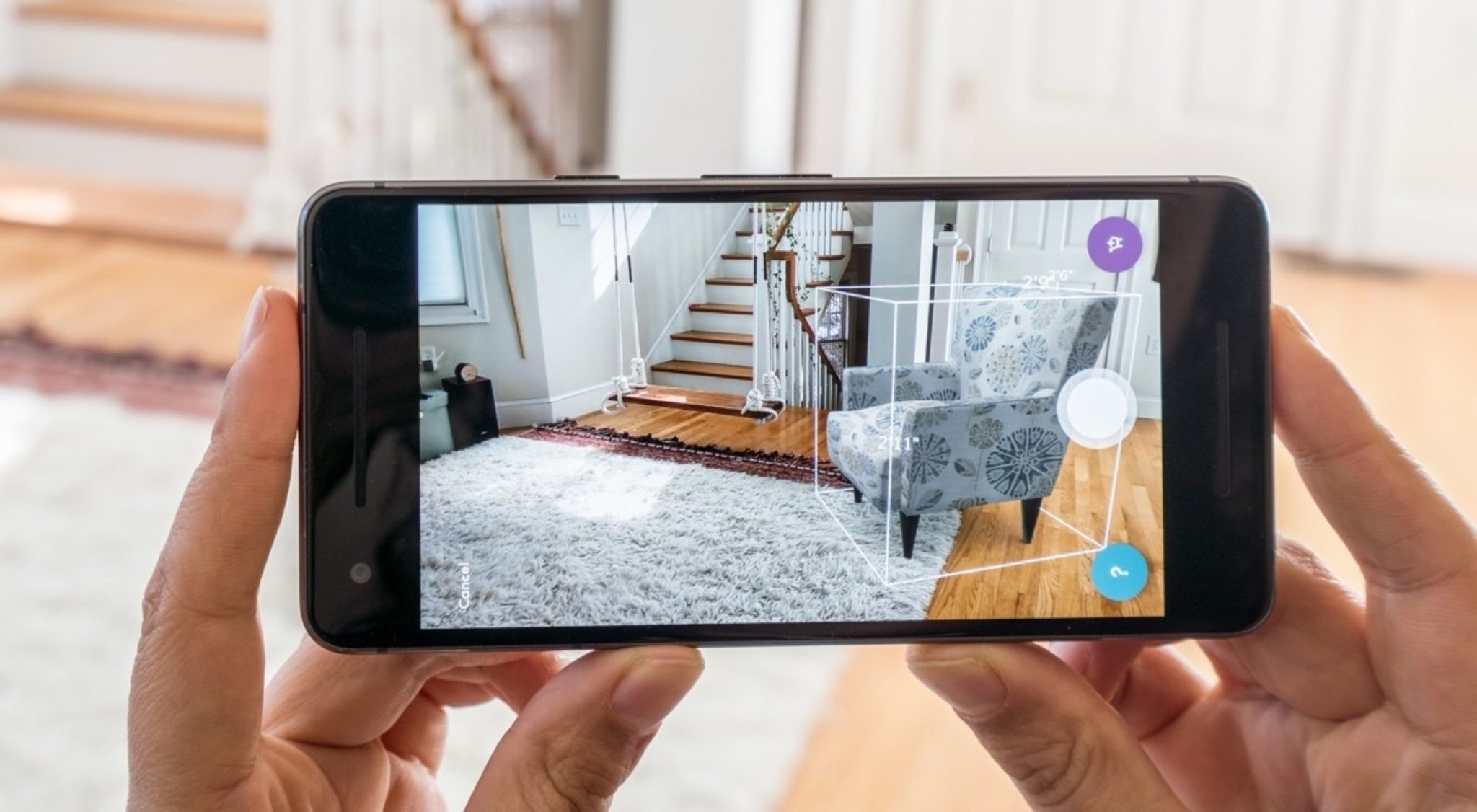Widespread Adoption
With Apple’s Vision Pro headset on the horizon, one notable feature was the price point: the Quest 3 will retail at $500 at launch, significantly cheaper than Apple’s $3,500 price tag, and going a long way to justifying Zuckerberg’s claim of it being the first mainstream headset.
Indeed, widespread adoption of hardware that allows users to experience mixed-reality environments was at the forefront of Zuckerberg’s speech throughout, making reference to how, in his view, some innovation was not about bringing new products to market, but in making new tech accessible to millions – and, eventually, billions – of people.
The next computing platform
That theme continued with the introduction of the new Ray-Ban Meta Smart Glasses, with Zuckerberg describing them as “an important platform for the future…the natural way to put holograms into the world, so we can put digital objects in our physical space.”
Equipped with a 12-megapixel camera – more than double the power of its predecessor – improved audio, and the ability to allow users to livestream for the first time, the glasses also come with built-in Meta AI, allowing the wearer to ask the chatbot questions and hear responses in real time.
In headlining Connect with hardware that acts as a gateway to immersive experiences, it’s clear that Meta sees mixed-reality environments as both the future of the company and the next computing platform, a subtle, but notable, pivot from its prior focus on virtual reality and the metaverse. “In the past, Meta Connect has always been devoted to virtual reality, so it’s significant that this year’s event placed a much greater focus on mixed-reality and augmented reality,” said Rafael Muñoz, CEO and Founder at Enhance. “That aligns with what we think at Enhance, that augmented reality is, in fact, the most powerful technology right now, simply because it has the ability to create magical experiences that are grounded in our physical space, without isolating us from the world around.”
Heralding a shift to immersive interfaces
Zuckerberg’s expectation that the next computing platform exists at the intersection of AR, AI and wearable technology was telling in terms of the direction of travel of the wider tech industry, and represents an acceleration in the shift to immersive interfaces becoming the norm – a world where augmented reality blends seamlessly with the physical world. With consumers already using AR to visualize potential purchases in their own spaces, conduct virtual try-ons, and configure products to their liking, widespread adoption of devices that make that process even more seamless will have implications right across business and commerce.
“Quest 3 has a very affordable price point, and the Ray-Ban Meta Smart Glasses have packed a lot of features into a small, lightweight device with obvious mainstream appeal,” Muñoz continued. “This is telling us that the future interfaces of choice are going to be augmented reality and AI, and that is going to define commerce. What Meta and the whole technology ecosystem – including the team at Enhance – are working towards is building the gateway between the digital and physical realms, to create a new space where immersive commerce is the default.”






